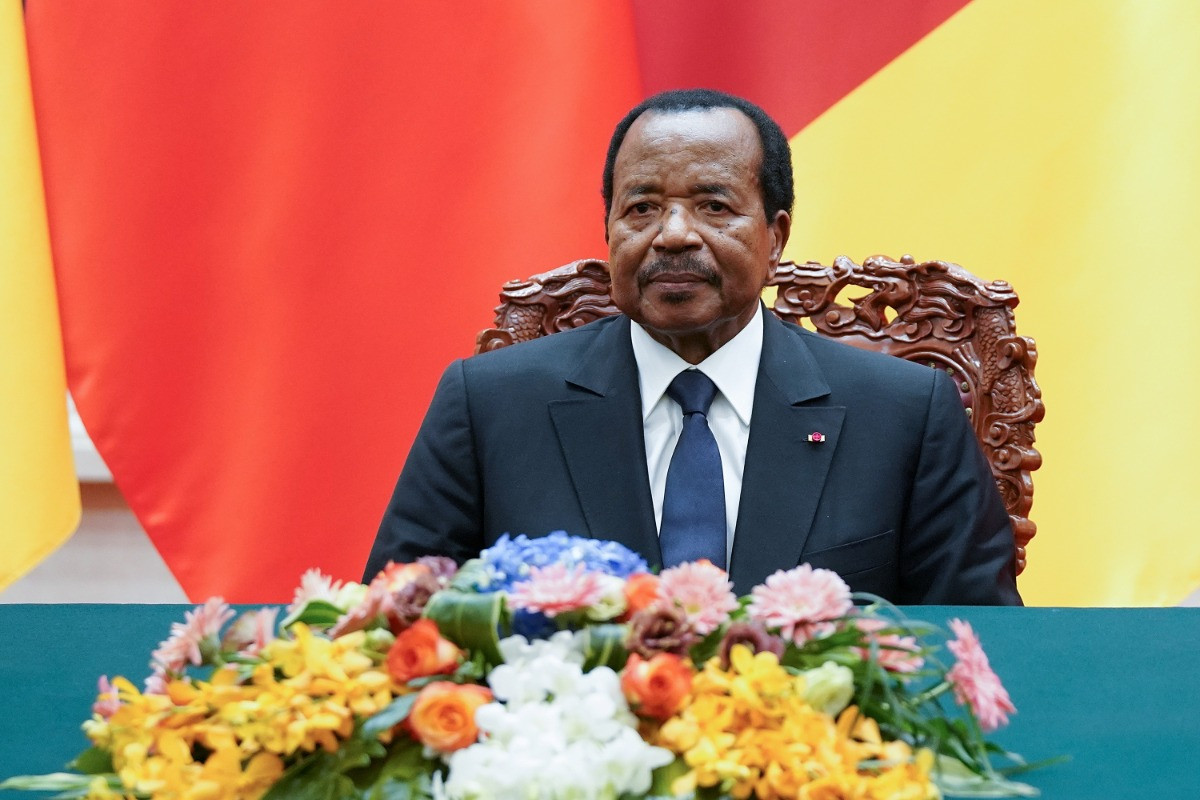
President Paul Biya has announced his candidacy in this year's presidential election. The announcement came as concern grows about his age and health. Biya, who has ruled since 1982 after Ahmadou Ahidjo’s resignation, removed term limits in 2008 and won the 2018 election despite opposition claims of electoral irregularities.
-Probability of Biya’s Reelection
High likelihood (~60–70%), despite his advanced age and waning public support.
The CPDM’s control over electoral institutions (ELECAM, judiciary, security forces) gives Biya a strong structural advantage.
While low turnout, voter suppression, and ballot irregularities are expected, they typically tilt results in his favour.
-Risks if Biya Runs Again
Governance Vacuum: At 92, Biya’s capacity for active leadership is limited—most decisions are made by courtiers. His presidency accentuates the risks of policy paralysis and internal power struggles.
Civil Instability: Anti-Biya sentiment is rising, especially among youth and Anglophone populations, potentially sparking protests, particularly in the Separatist Northwest/Southwest and Boko Haram-affected North.
-Threats to Democracy
Electoral Autocracy: With no term limits since 2008 and a lack of free media, Cameroon remains an electoral autocracy. The upcoming election will likely be non-competitive and tightly controlled.
Crackdown on Dissent: Pre-election repression, including jailing activists, throttling independent media, and detaining Anglophone leaders, escalates the risk of democratic backsliding.
- Support Forces & Political Landscape
CPDM & Backbone Elite: Biya maintains backing from state-aligned elites, local administrators, and smaller parties within his coalition, though cracks are emerging with allies like Bello Bouba Maigari and Issa Tchiroma defecting.
Opposition Coalitions: A broad opposition alliance led by Maurice Kamto (MRC) plus other parties, though weakened by legal bans and security repression, remains the leading.
New Faces: Urban-based, younger challengers like Cabral Libii and Eric Essono Tsimi offer fresh momentum, but may splinter the vote unless unified.
- Biya’s Health Outlook & Succession Risks
Health Uncertainty: Frequent long absences (e.g., 42 days in 2024), senior age, and government gag orders fuel speculation.
Succession Vacuum: The constitution names the Senate President as the interim. That person, like Marcel Niat Njifenji (now ~89), offers neither vitality nor clarity—fostering elite.
Expected outcome: Biya wins, but under controversial and repressive conditions, cementing authoritarianism and risking protests, especially if health fails during the campaign.
Election monitoring & sanctions: Push for transparency before and after the vote and back legal reforms for coalition viability.
Engage youth and civil society: Encourage reforms via nonviolent civic mobilisation.
Plan for post-election unrest: Prepare contingencies for an Anglophone crisis flare-up or elite divisions.
Paul Biya’s re-election in Cameroon could significantly exacerbate ethnic tensions and intensify separatist sentiments, especially in two key contexts:
.............
*Historical ties*: Cameroon is a former French colony, and France has long maintained deep political, economic, and military links with Biya’s regime.
*Stability over democracy*: Paris has traditionally prioritised regional stability and the protection of French business interests (e.g. Bolloré, TotalEnergies, Castel Group) over democratic reform.
*Likely behaviour*: France is unlikely to publicly endorse Biya, given increased scrutiny of its African policy, but it may tolerate or tacitly support his continued rule if it ensures continuity.
Join WhatsApp Channel
Stay connected with the latest news, updates, and exclusive content by joining our WhatsApp channel! Join now and never miss an important update from DailyPress!
 DailyPress
DailyPress





